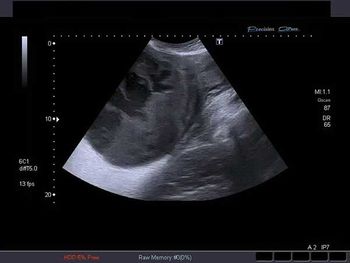
Pregnancy and Birth
Latest News
CME Content


New research shows low-dose intrauterine contraceptive devices are safe and effective in preventing pregnancy after 3 years, and their use could be expanded among women who have not had children.

Fertility technology, particularly non-IVF treatments, has resulted in a marked increase in multiple births, having significant health implications for both mothers and babies.

Bed rest to prevent miscarriage is a historical treatment unsupported by evidence. Read why one physician believes that prescribing bed rest violates nonmaleficence.
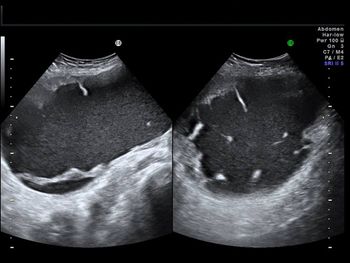

The use of a single 1.5-mg dose of levonorgestrel instead of two 0.75-mg doses given 12 hours apart is a viable alternative method of emergency contraception.

The risk of infant death nearly doubles and risk of fetal death quadruples when mothers have pre-existing diabetes, new research shows.

Blood clots are 4 to 6 times more likely to develop in pregnant women hospitalized for reasons unrelated to delivery. Provided here are 7 action steps to prevent this complication.
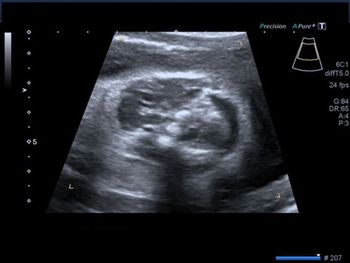
What's your diagnosis based on these images of the fetal neck?

Promoting health and wellness, including an increase in fruit intake and receipt of a steady paycheck, may help reduce pregnancy complications, study finds.

According to a recent study, parity and mode of delivery do not have a significant impact on women's long-term sexual satisfaction.

Pregnant patients who have undergone some form of bariatric surgery are at greater risk of preterm birth than women who haven’t had the procedure, according to a study published in the British Medical Journal. The risk of small for gestational age (SGA) was also increased in women with previous bariatric surgery.
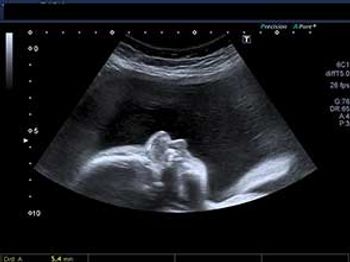

Fourteen percent of infertile patients have uterine cavity abnormalities despite normal ultrasound examination findings, research shows.

Laparoscopy for ruptured ectopic pregnancy and massive intra-abdominal bleeding was associated with shorter operative time and less intraoperative blood loss than laparotomy.

Immunotherapy in pregnant women with allergic rhinitis could help decrease the risk of allergies developing in their infants, a pilot study finds.

A low-cost instrument that an auto mechanic invented to ease assisted vaginal delivery is being tested by the World Health Organization (WHO). If proven safe and effective, the Odon Device would be the first innovation in operative vaginal delivery since the forceps and vacuum extractor.

Discontinuation rates at 6 months among users of long-acting reversible contraceptive methods are low and not increased among adolescents and young women.

Babies born to women who have undergone bariatric surgery for weight loss were more likely to be premature and to be small for gestational age.
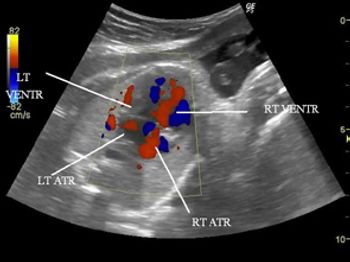
What is your diagnosis based on these images of the fetal heart?

New research shows that babies born to mothers who exercised during pregnancy have more mature brains than babies whose mothers did not exercise.

Outcomes were similar for planned cesarean delivery and vaginal delivery of twins. Also, cesarean section does not reduce the higher risk of adverse outcomes for the second twin.

Outpatient hysteroscopic metroplasty with bipolar electrode is an effective treatment in patients with infertility related to septate uterus.

Non-white women with low levels of vitamin D are more likely to deliver preterm than white mothers, according to a new study in the American Journal of Epidemiology.

When a 35-year-old woman presented for her first ultrasound at 30 weeks’ gestation, the images revealed a very rare condition. Can you identify it?




